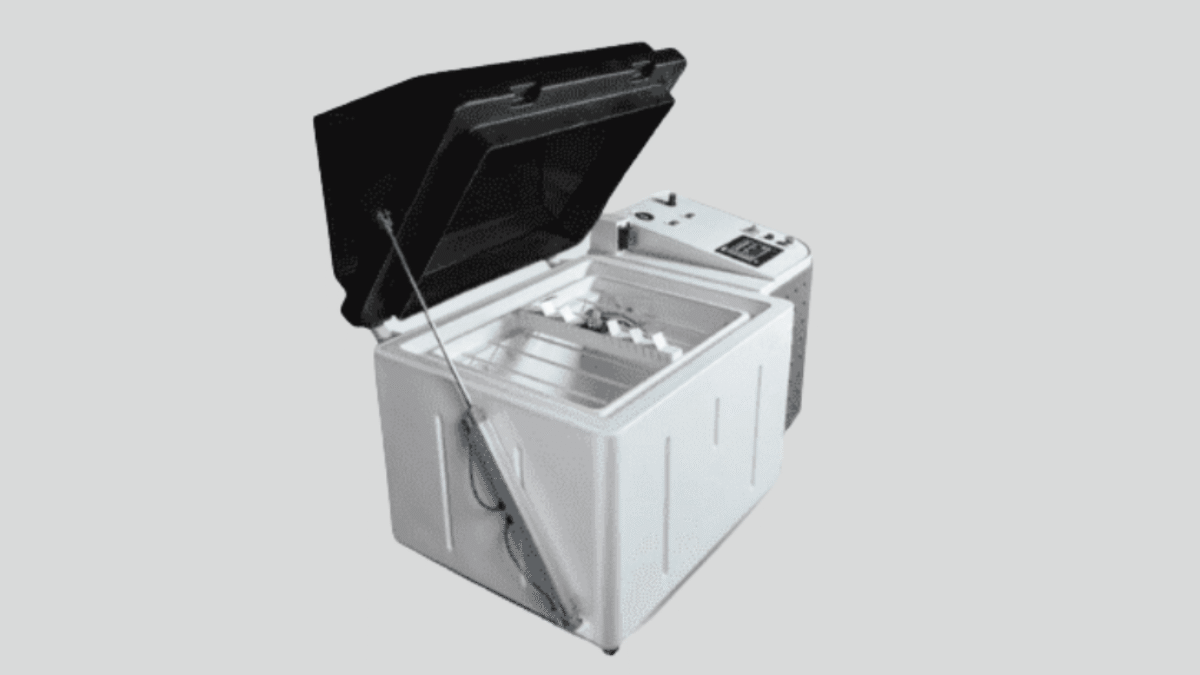Salt Spray Testing As per ASTM B117
Why Salt Spray Testing is Crucial for Corrosion Protection: A Deep Dive into ASTM B117
Introduction
- In environments where metal parts are exposed to moisture, chemicals, or salt-laden air — corrosion is inevitable. The question is: How prepared is your product to handle it? This is where Salt Spray Testing (ASTM B117) becomes essential.

What is Salt Spray Testing?
Salt Spray Testing is a laboratory simulation of a corrosive environment used to assess how well a metal or coated surface can resist corrosion. Using a mist of saltwater solution, the test accelerates the corrosion process to identify weaknesses in coatings, finishes, or base materials.
The globally recognized ASTM B117 standard defines the method for conducting this test, making it a benchmark across industries from automotive to aerospace.
🔧 What Materials Are Tested?
Painted or powder-coated components
Electroplated and galvanized surfaces
Metal alloys
Plastics with metallic coatings
Stainless steel with surface treatments
This test is especially useful for comparing different coatings, monitoring batch-to-batch quality, and validating supplier consistency.
🧰 How is the Test Conducted?
At Kiyo R&D Center & Laboratory, we follow ASTM B117 protocols:
Test Specimens are placed in a specialized chamber.
The chamber maintains a steady environment at 35°C.
A 5% NaCl (sodium chloride) solution is atomized as a continuous fog.
Exposure time ranges from 24 to over 1000 hours, based on customer needs and product specifications.
After exposure, we inspect for visible signs of corrosion — such as rust, pitting, blistering, or coating failure.
🏆 The Value for Manufacturers
Here’s what you gain from Salt Spray Testing:
Benchmarking Product Durability
Early Detection of Weak Coatings
Compliance with International Standards
Competitive Advantage in Quality Assurance
In industries like marine engineering, EV components, and construction hardware, the importance of corrosion resistance can’t be overstated. A small failure in coating performance can lead to significant costs and safety risks.
🔬 Trust Kiyo R&D Lab: Your Corrosion Testing Partner
Based in Chennai, Kiyo R&D Lab is equipped with advanced salt spray chambers, experienced staff, and a commitment to quality. We offer detailed reporting, short turnaround times, and strict compliance with ASTM standards.
Additional Services Include:
Tensile and Impact Testing
FTIR & SEM Analysis
Flammability Testing
Melt Flow and Thermal Testing
We don’t just test — we help you understand the performance of your materials, enabling better product decisions.

Conclusion
- Don’t wait for failure in the field. Validate corrosion resistance in the lab first with Kiyo R&D’s trusted Salt Spray Testing services.

